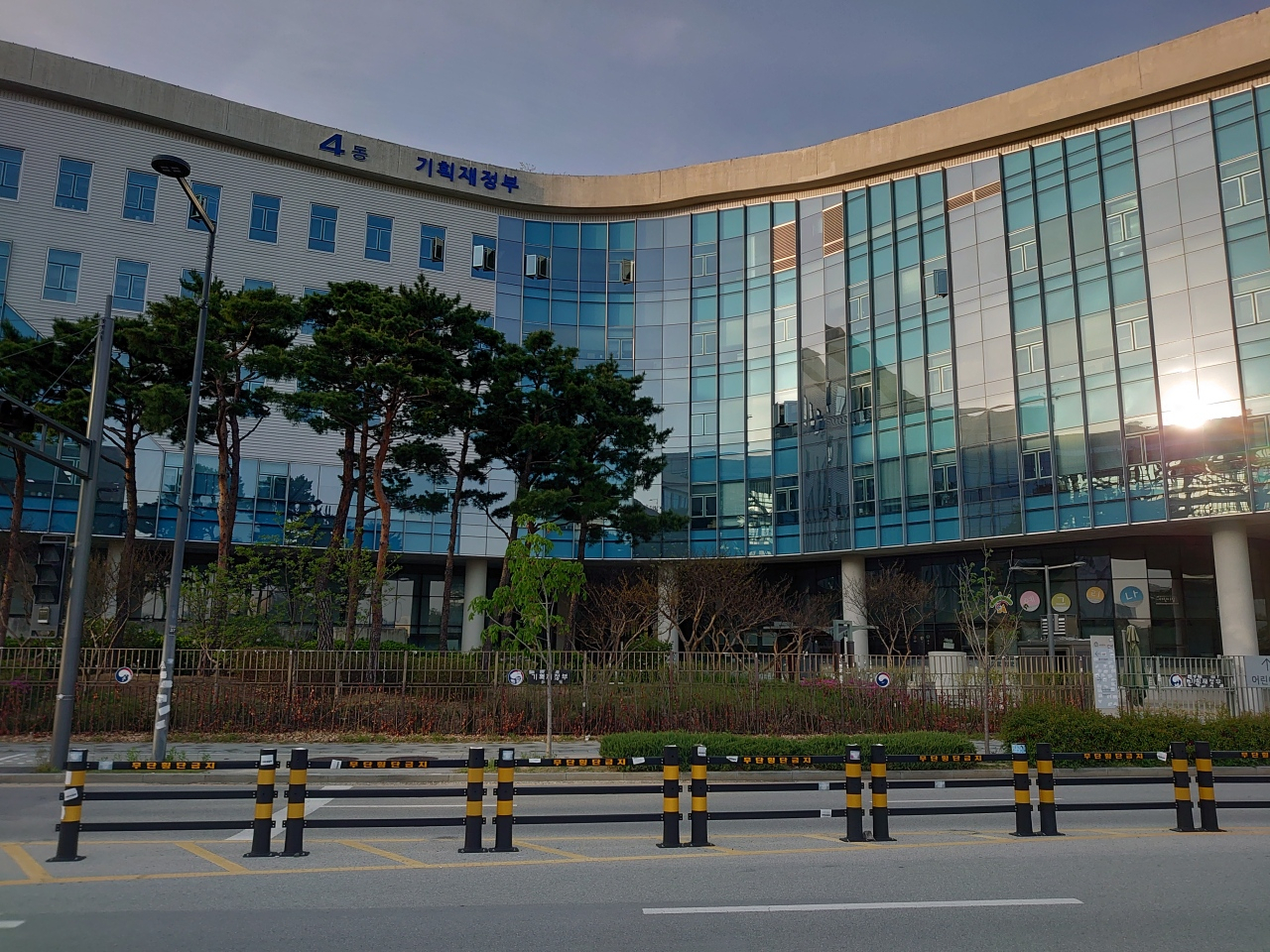
Starting from 2024, multinational companies such as Samsung Electronics and SK hynix, which have overseas factories or subsidiaries, are expected to face increased tax obligations.
The Ministry of Economy and Finance announced Thursday that a new law to implement the global minimum corporate tax -- which will require multinational enterprises to adhere to a minimum effective tax rate of 15 percent -- will begin as early as January 2024.
Until Dec. 7, the administrative authorities will gather public opinion about the new tax law, which is expected to be officially promulgated in December this year.
The global minimum corporate tax is a system agreed upon by the Organization for Economic Cooperation and Development and the Group of 20 Inclusive Framework for the purpose of preventing tax competition between countries and creating a fair competitive environment.
Currently, over 143 countries have agreed to adopt the system.
In Korea, the legislative proposal for introducing the global minimum tax was passed in the National Assembly in December of last year.
In detail, the global minimum tax is a system that prevents multinational corporations from paying less taxes by setting up subsidiaries in countries with low corporate tax rates.
For example, a Korean company that builds a factory in Hungary, where the corporate tax rate is 9 percent, will have to pay an additional 6 percent of taxes in Korea when the new law is applied.
The new rules will apply to multinational groups with total consolidated revenues exceeding 750 million euros ($802 million) for at least two of the last four years.
South Korea is expected to have around 200 companies, including Samsung Electronics SK hynix, falling under this reformed law.
The ministry also outlined Thursday the conditions for enterprises excluded from the application of the global minimum tax system, such as government agencies, international organizations, nonprofit organizations, pension funds and investment funds.
When converting the aforementioned threshold amount into Korean won, it stipulated the use of the average exchange rate published by the European Central Bank in December of the previous year.
The government has also offered additional details to assist corporations that may be apprehensive about the implications of the new law.
“Companies will be able to analyze the specific impact of the introduction of the global minimum tax system and will be able to calculate additional tax burdens,” an official from the Finance Ministry said.
The government's detailed explanation of the new law was prompted by the concerns expressed by local conglomerates here.
In May, consulting firm EY Han Young surveyed 213 clients about the concerns of the introduction of the new tax law and found out that 127 respondents think the law will create difficulties due to the complexity of the system and a lack of in-house experts. Eighty-five respondents also expressed concerns over the additional tax burdens.
“Because there are differences in the timing and methods of introducing the global minimum corporate tax in different countries, it is crucial to closely monitor the changing and complex developments and analyze their impact carefully,” EY Han Young's head of the tax department, Ko Kyung-tae said.
In July, Samil PricewaterhouseCoopers also hosted a seminar on the new tax law at its Seoul headquarters. Reflecting concerns of local firms, over 200 corporate representatives responsible for international tax affairs attended the event.
Deloitte Anjin also established a separate team to provide consulting services about the new law.
"To provide a robust solution to multinational companies struggling to establish internal systems for reporting and paying global minimum taxes, we launched the new team, "a Deloitte Anjin official said.
Small and medium-sized enterprises are expressing concerns as well.
While the direct impact on smaller businesses may not be immediately substantial, large corporations, seeking to distribute the tax burden to their suppliers, may demand price reductions from their first and second-tier vendors, some industry insiders said.





